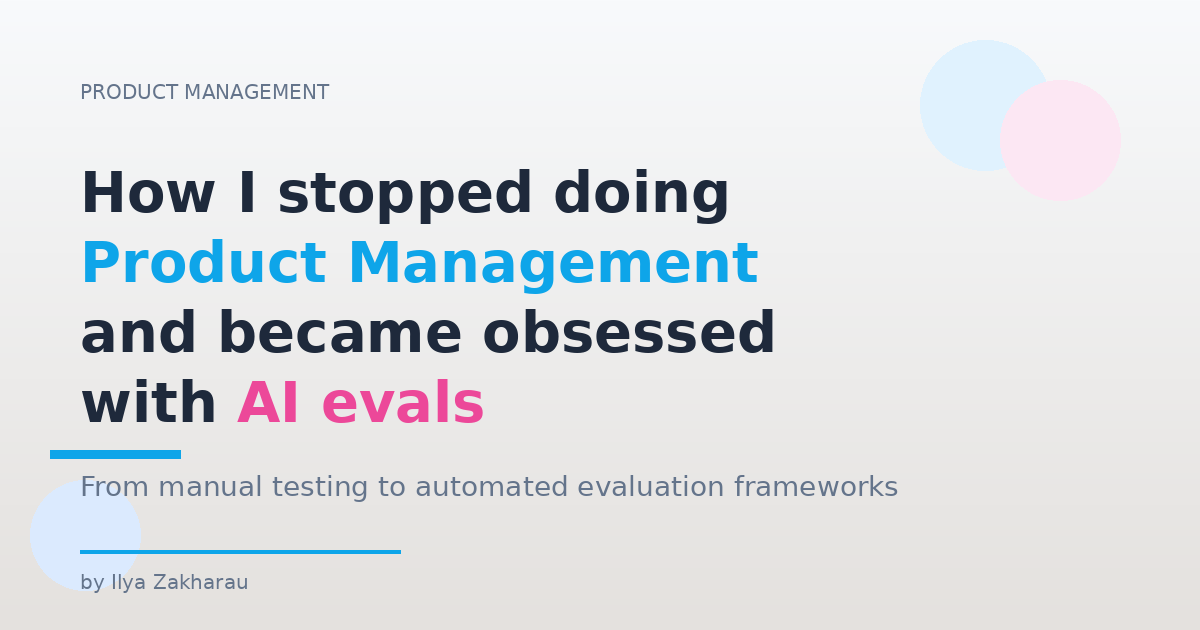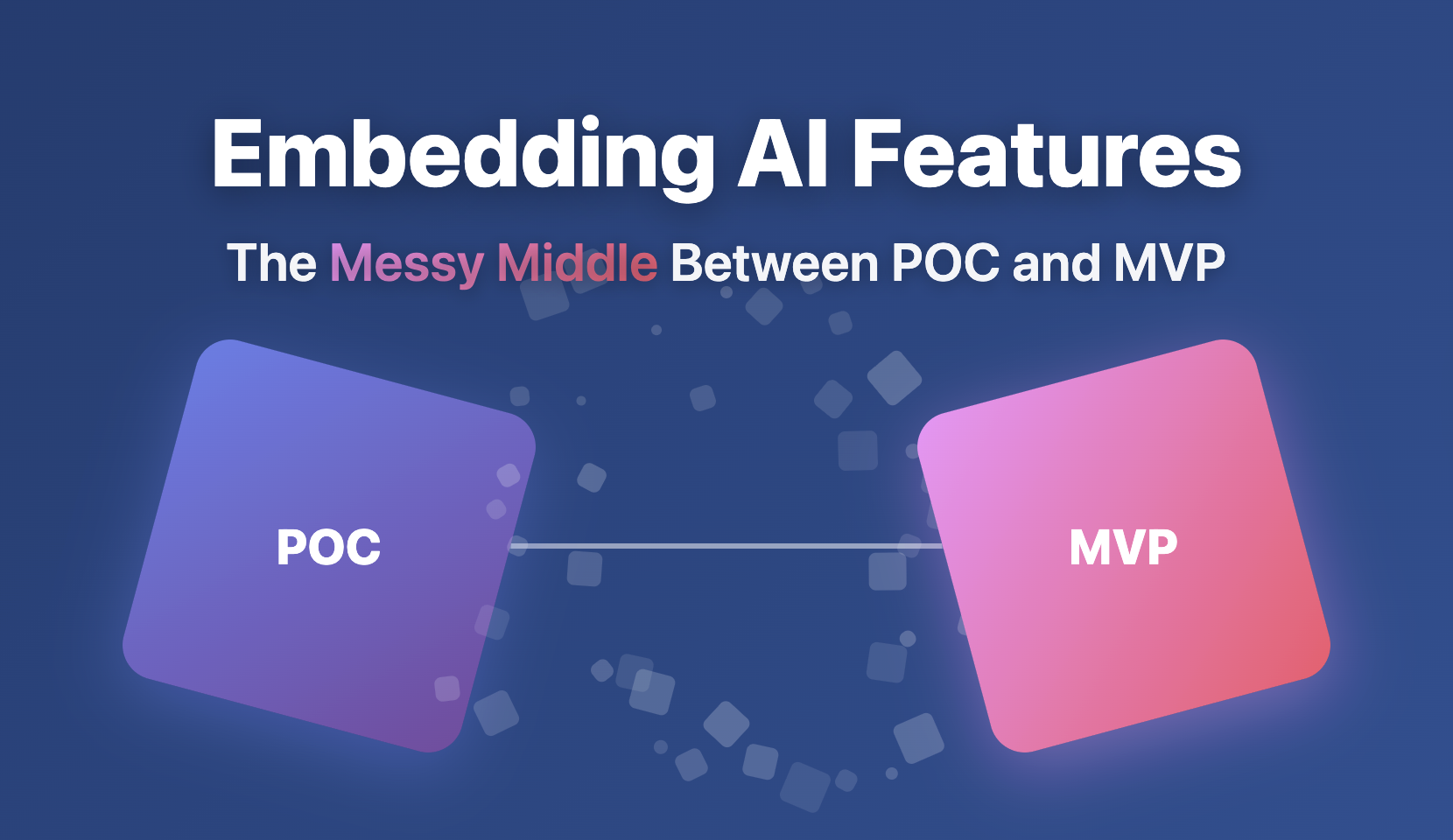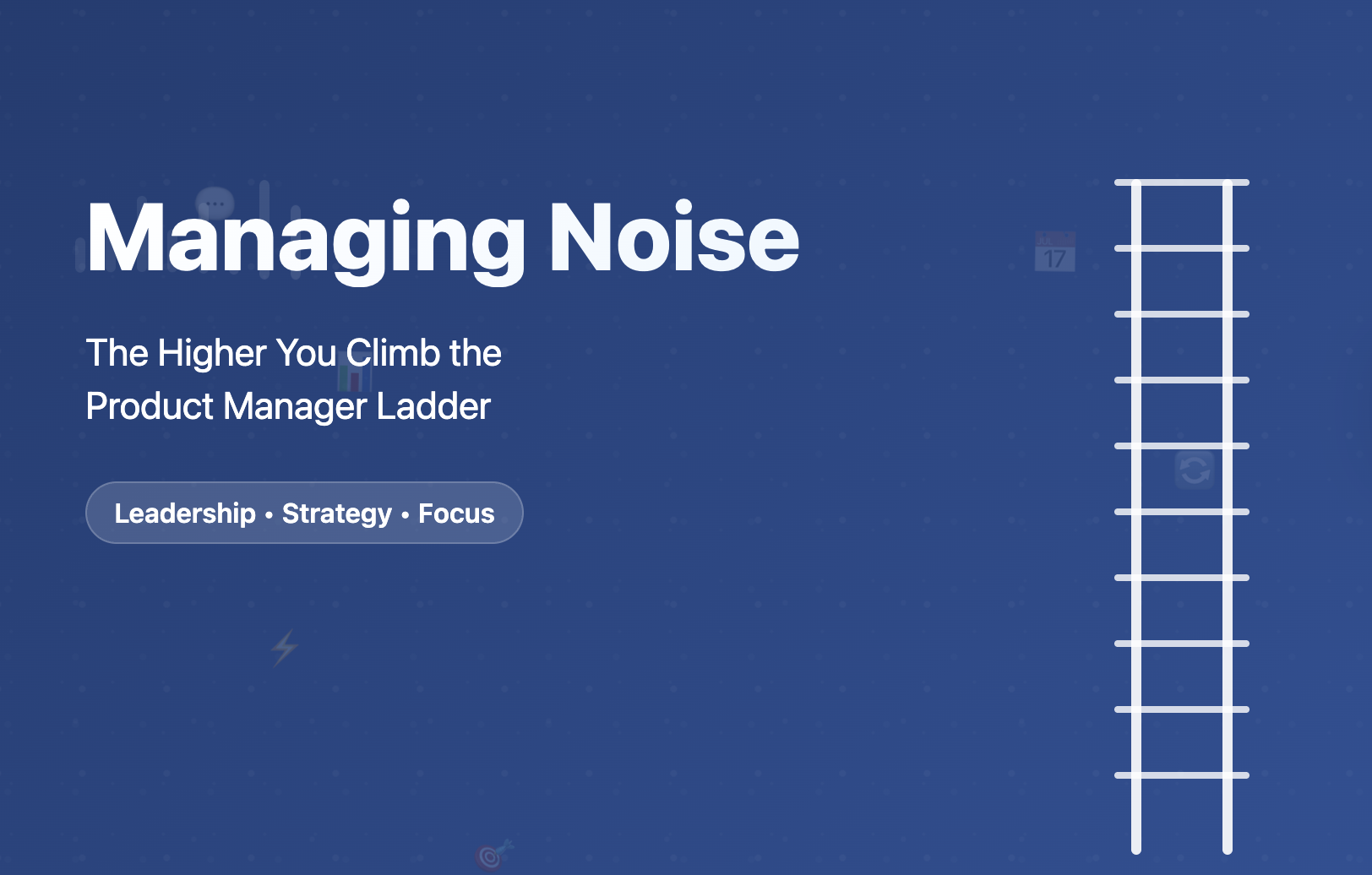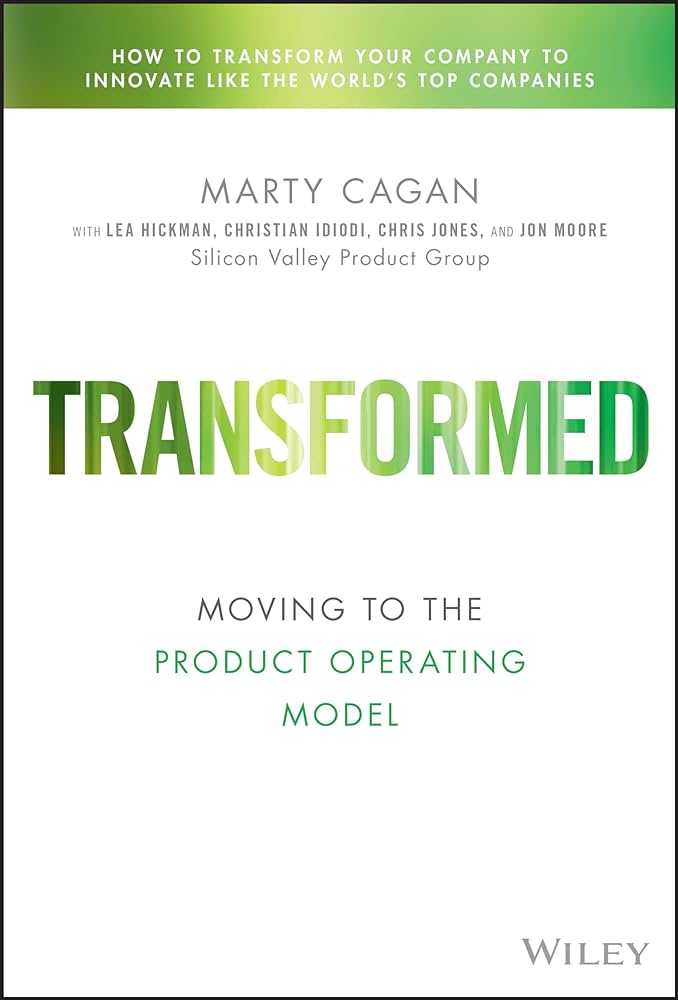
Onboarding is a crucial process of incorporating a new person into a team, product, or domain (for simplicity, let's generalize all that as "area"). The purpose is to align or increase performance as soon as possible after the unavoidable drop due to a structure change. If approached wrongly, it may cause substantial trouble, especially when you dive into a new area as a product manager (PM).
Whether it is a new or same organization, new role, or new area - the approach to onboarding will vary. Here, we talk about horizontal growth within an organization, keeping your role but acquiring a new "area" (for simplicity, let's use this term to generalize one or several products, teams, lines of business, etc). That is the situation I am currently in, so I have something to reflect on. Also, most onboarding guides focus on vertical growth with a new role in another business. So, it is a good topic to uncover.
I follow the patterns of 3 key knowledge types in product management suggested in the "Building Products for Enterprise" book (I wrote about it here): organizational, product, and market knowledge. So, let's construct the onboarding strategy for each.








